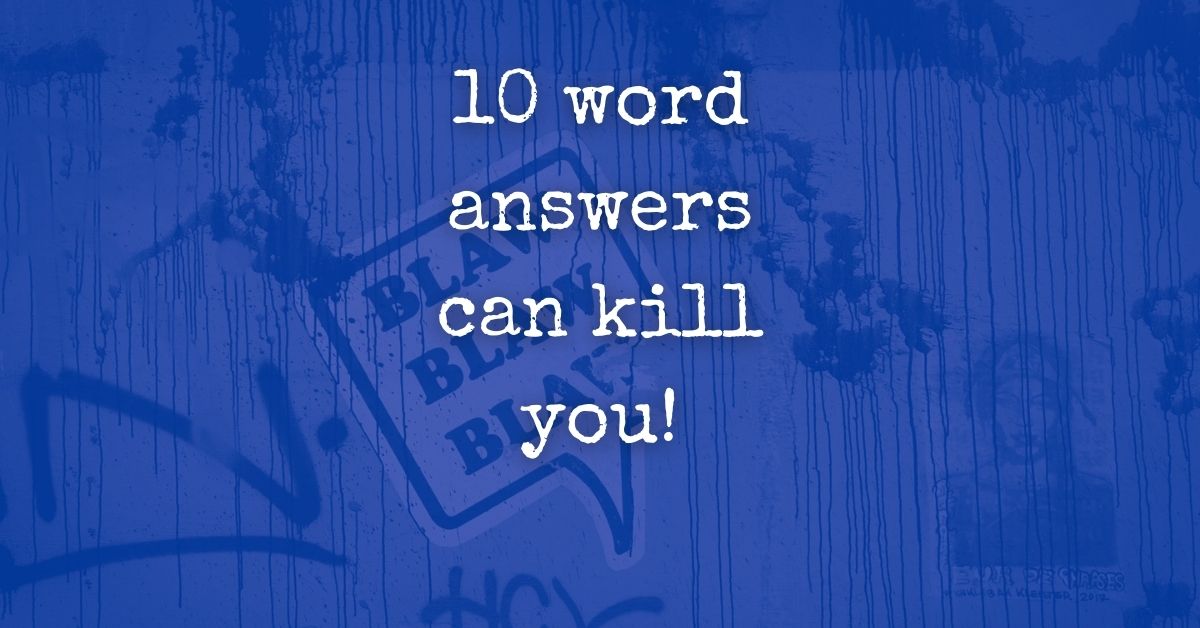Every once in a while, there’s a day with an absolute right and an absolute wrong, but those days almost always include body counts.
Community ownership. Neighbourhood assets. Since lockdowns began these have become valuable commodities and never more so than politically.
Chancellor Rishi Sunsk announced help for “communities to buy their local pub”.
Community groups will be able to bid for up to £250,000 matched funding to help them to buy local assets to run as community-owned businesses…This will help ensure that important parts of the social fabric can continue to play a central role in towns and villages across the UK.1
Sounds great and few would argue against it. At the time of the announcement pubs were shut in a Covid lockdown. Prior to the lockdown many were closing or perilously close to it. The assumption is that people want a drink in them.
But will it work on practice? To find out we need to ask more questions.
The soundbite trap door
In an episode of The West Wing President Bartlett faces his presidential challenger in a debate.
Asked about his plan to cut taxes, Bartlett’s opponent says “the American people know how to spend their money better than the federal government does.”
Bartlett’s response is as insightful as it is powerful in highlighting our problem solving shortcomings.
Ten-word answers can kill you in political campaigns. They’re the tip of the sword.
Here’s my question: What are the next ten words of your answer? Your taxes are too high? So are mine. Give me the next ten words. How are we going to do it? Give me ten after that, I’ll drop out of the race right now.
Every once in a while, there’s a day with an absolute right and an absolute wrong, but those days almost always include body counts. Other than that, there aren’t very many un-nuanced moments in leading a country that’s way too big for ten words.
How not why
Community and neighbourhood are very familiar topics to me. My training was in planning. I have worked in housing. My PhD focussed on how we plan community. I’ve researched it extensively with and for others.
And every time community is raised as part of policy the fundamental questions remain: how does community/ neighbourhood solve the problem and/or make things better?
So for every 10 words of “continue to play a central role in towns and villages”, we need the next 10 words of “how will community ownership ensure assets otherwise closing stay open”?
A series of 10 words might be better:
- What exactly is the community we are talking about?
- Who in the community wants to be one of the purchasers?
- How much time will it take to run the business?
- What does community add that is missing at the moment?
- If this businesses is failing now, how does community ownership save it?
These are questions I’ve rarely seen asked and even more rarely provided with answers to even by those who support such ideas. Is it because they are frightened of what they find?
Nuance
That is not to say we shouldn’t ask them. The answers may surprise us, and not just to the determent of the idea..
Answers to these questions lead to differences - some subtle, some significant - in the way to develop and implement a solution.
Take the term “community interest company” or CICs. Successful CICs are run by individuals or small groups of people and they provide services which are of benefit to the community. They are not run by the community. They don’t seek wider community ownership. They deliver some benefits by being a business and they do this by asking what and how they can best deliver those wider benefits.
Ask more not less
It is one thing to think it is a good idea, quite a different one to know.
Only by asking these different questions will we start to better understand if and how community/neighbourhood/local will work. Only by asking them do we understand what they offer already. Only by asking them can we understand what extra needs to be done to facilitate and enhance what it offers for the better.
And we need to be prepared for some potentially uneasy answers.
So if you want to make a difference, it pays to learn what to ask more. 10 words can make a great starting question10 word answers are todays sound bite and tomorrow’s digital chip paper.
It's true that complexity doesn't always make for great soundbites, but it does seed great conversations.
You may also be interested in
Thought, inspiration and how-to straight in your inbox - Sign up today
By subscribing you will receive our newsletter up to 4 times a year and occasional news of forthcoming events. You can unsubscribe at anytime.





